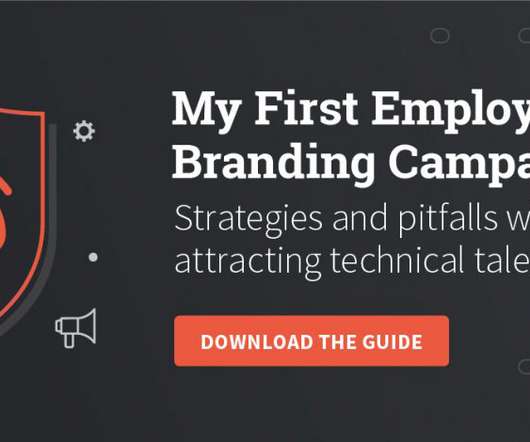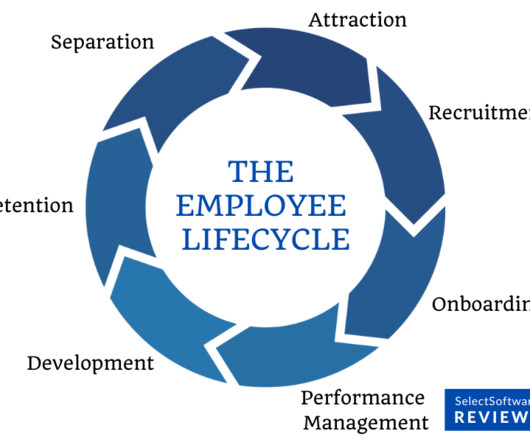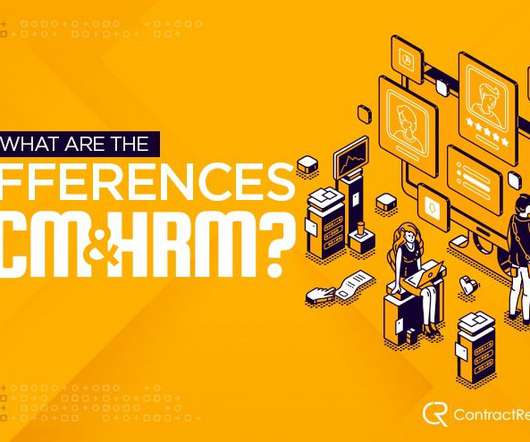The Gig Economy and Its Impact on Staffing Strategies
Recruiting Daily
NOVEMBER 13, 2023
Retention through Value-Based Compensation One of the biggest reasons why professionals hop from one employer to the next is because they’re always looking for better perks, benefits and compensation. If you want to retain talent, you need to have a strong, well-thought-out compensation plan that matches employee expectations.



















Let's personalize your content